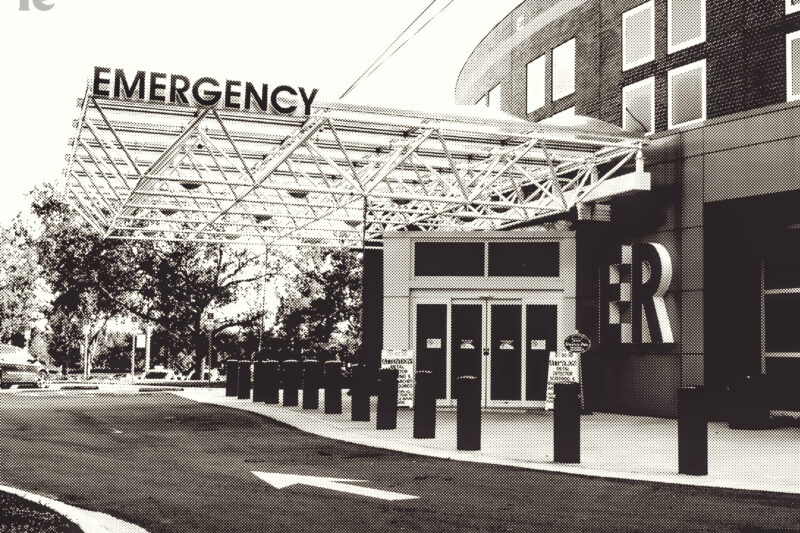SCOTUS Is Likely to Decide If Abortion Is Health Care
Breaking down the Fifth Circuit’s ruling on the Emergency Medical Treatment and Active Labor Act (EMTALA).

This week, the Fifth Circuit Court of Appeals ruled Texas hospitals could refuse to provide patients life-saving abortions despite a federal law stating the contrary. The ruling was expected but still devastating.
After the Supreme Court’s 2022 decision in Dobbs v. Jackson Women’s Health Organization, the Biden administration sent a reminder to federally funded hospitals that federal law—Emergency Medical Treatment and Active Labor Act (EMTALA)—requires hospitals to provide stabilizing care (including abortions) to patients in medical emergencies.
Conservative attorneys general in states like Texas didn’t like the reminder, since denying abortion care whenever they can is their entire personality. So with a captured federal judiciary as an accomplice, they sued. The crux of their argument is, “you can’t make me.”
But traditionally the federal government can make states do things—even things states may not want to do—like provide abortion care. Traditionally, a federal law like EMTALA would supersede a state abortion ban. But thanks to the Dobbs decision, that precedent is shaky at best.
So with the backing of the conservative litigation mill Alliance Defending Freedom, Texas filed a lawsuit challenging the EMTALA guidance and the idea that hospitals would ever have to provide abortion care to patients in medical emergencies. Meanwhile, the Department of Justice sued Idaho to try and continue care in hospitals there.
At the heart of this threat to EMTALA is a challenge to the idea that abortions are ever medically necessary. According to the anti-choice movement, the answer is no because every abortion ends “fetal life.”
So you can see how transparently the EMTALA fight is really a fight over who is the patient in a medical emergency—the pregnant person or their developing pregnancy. It’s fetal “personhood” and medical trauma all wrapped together.
So far the conservative federal courts have sided with the Alliance Defending Freedom and anti-choice movement in determining that state abortion bans override federal law here. If allowed to stand, that means no emergency abortion care, EMTALA be damned.
The next federal court to weigh in on the question of whether or not hospitals are required to provide abortions as emergency stabilizing care is the full Ninth Circuit Court of Appeals. They’ll hear arguments in the Idaho case on January 23.
The full Ninth Circuit is way more centrist than the Fifth Circuit, and there’s a far greater chance it’ll deliver a decision that says states that ban abortion must still comply with EMTALA. That would create a split in the courts and an opening for the Supreme Court to step in.
In the meantime, ADF has already filed an emergency petition with the Supreme Court in the Idaho case while waiting on Ninth Circuit arguments. The Court will probably sit on that petition for a bit—but not forever. This EMTALA fight is almost certainly ending up before the Roberts Court.
It might not be this term, but an EMTALA case this fall is a solid bet. And it could be the first true test of fetal “personhood” in the courts post-Dobbs, because these cases are absolutely about advancing “personhood,” along with the idea that abortion is never health care.
This post was adapted from a thread.
Correction: This piece was updated to include the full name of EMTALA.

